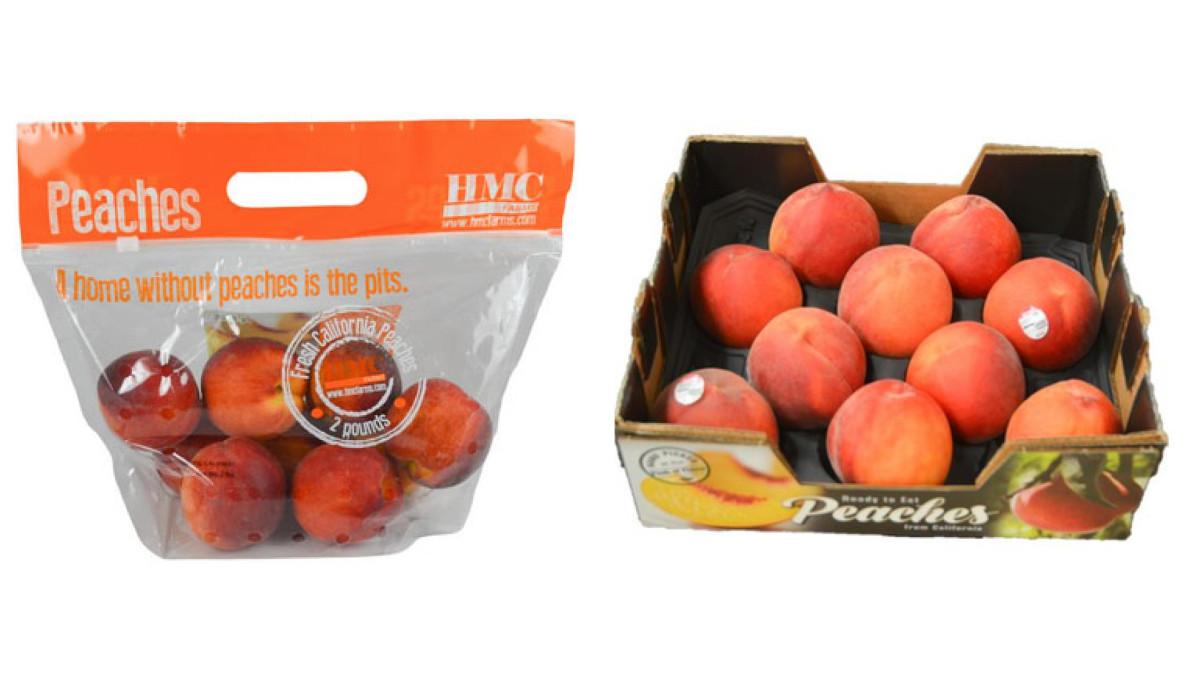The FDA has announced a major recall of various produce items. The recall affects 18 states across the U.S. Listeria monocytogenes contamination is the primary concern.
This recall highlights the ongoing challenges in food safety.
Did you know? Listeria is named after Joseph Lister, a pioneer in sterile surgical techniques.
From Cucumbers to Peppers: Wide Range of Affected Produce

The recall includes cucumbers, peppers, green beans, and more. Both conventional and organic produce are affected. The list spans common vegetables to specialty peppers.
This wide range demonstrates the complexity of modern food supply chains. The U.S. fresh vegetable market was valued at $66.3 billion in 2021.
Retail Giants Involved: Walmart and Aldi at Forefront

Major retailers like Walmart and Aldi are caught in this recall. These stores have a vast customer base across multiple states.
The involvement of such large retailers increases the recall’s reach. But how many consumers have already purchased and consumed these products?
Wiers Farm Inc.: Ohio Company at Center of Recall

Wiers Farm Inc., based in Willard, Ohio, initiated the recall. The company is taking action “out of an abundance of caution.” No illnesses have been reported as of the announcement.
This proactive approach is crucial in preventing potential outbreaks. Farm Inc. has been in operation since 1896.
UPC Codes and Packaging: Identifying Recalled Items

Consumers are advised to check UPC codes on packaging. The recall affects both bagged and bulk produce items. Some products are sold individually or by weight.
This variety in packaging complicates the identification process for consumers. With such a wide range of products, could some contaminated items slip through unnoticed?
State-by-State Breakdown: Mapping the Recall’s Reach

The recall spans 18 states, primarily in the Eastern U.S. Each state has a specific list of affected stores and products.
This geographical spread reflects the complex distribution networks of modern agriculture. Did you know? The first nationwide food recall in the U.S. occurred in 1920 for canned olives.
Foodbanks Affected: Recall Reaches Vulnerable Populations

Some recalled items were distributed to foodbanks in Ohio. This aspect of the recall could affect vulnerable populations.
It highlights the importance of food safety across all distribution channels. How will this impact those who rely on foodbanks for their nutrition?
Listeria Monocytogenes: Understanding the Bacterial Threat

Listeria monocytogenes can cause serious infections in humans. It particularly affects pregnant women, newborns, and the elderly.
Symptoms can include fever, muscle aches, and gastrointestinal issues. In severe cases, it can be life-threatening.
Stat: Listeriosis has a mortality rate of about 20% in diagnosed cases.
FDA’s Role: Monitoring and Managing Food Safety

The FDA plays a crucial role in announcing and managing recalls. They work with companies to ensure public safety. The agency provides guidelines for proper recall procedures.
This recall demonstrates the FDA’s ongoing vigilance in food safety. The FDA was founded in 1906 following public outrage over unsanitary conditions in meat packing plants.
Consumer Action: Steps to Take if You Bought Recalled Items

Consumers who have purchased recalled items should not consume them. The FDA advises returning the products to the place of purchase.
Proper hand washing and sanitizing of surfaces that contacted recalled items is recommended. But what if you’ve already consumed these products? What should you do?


